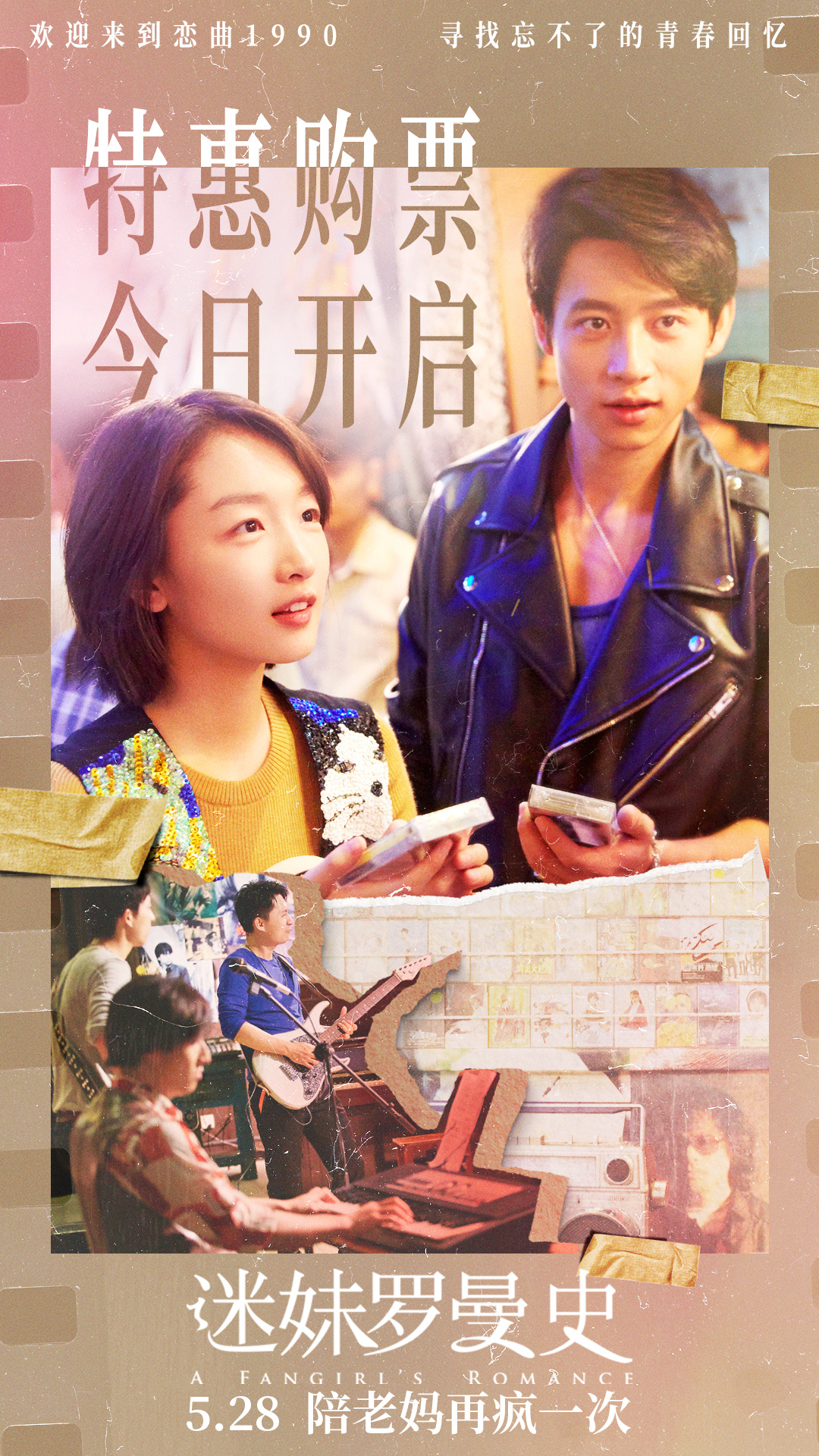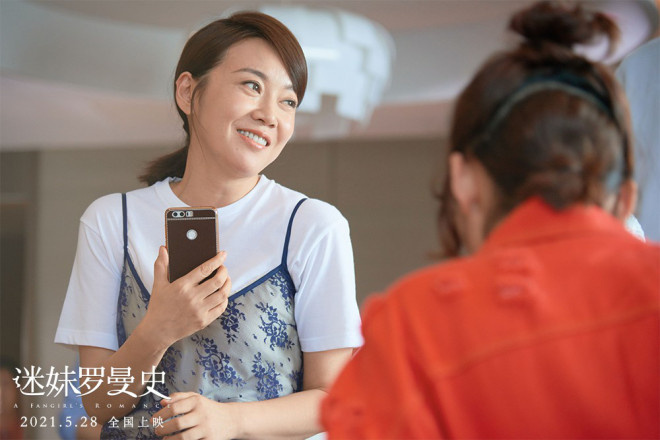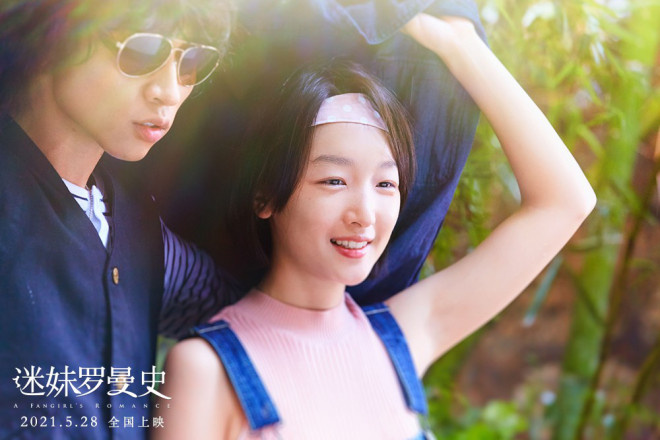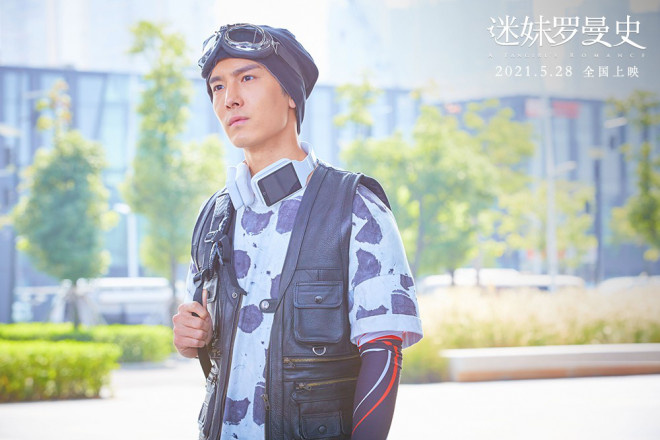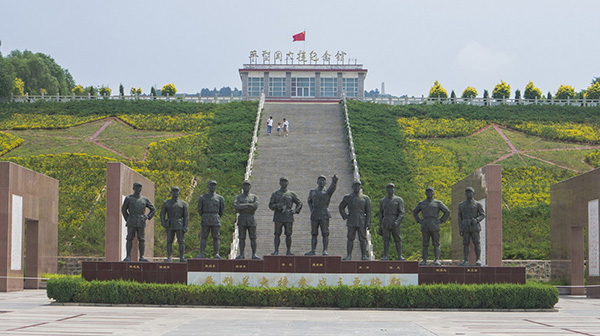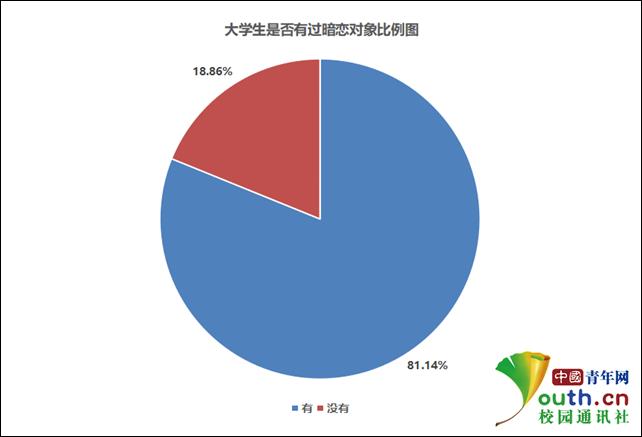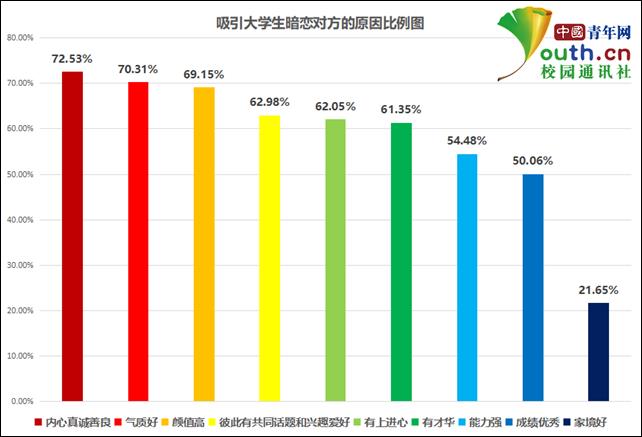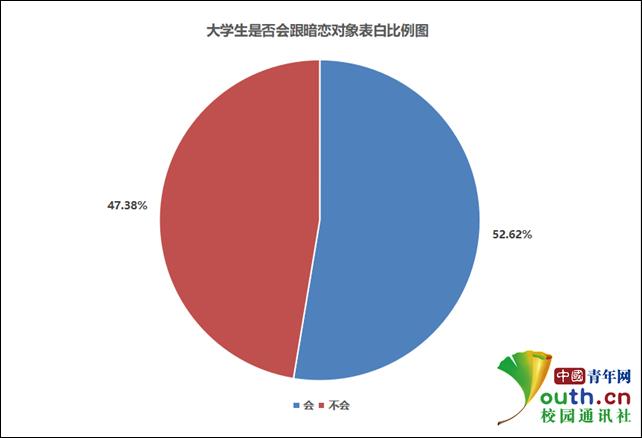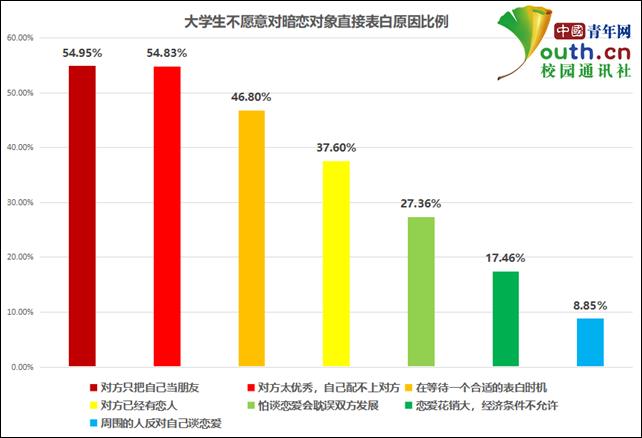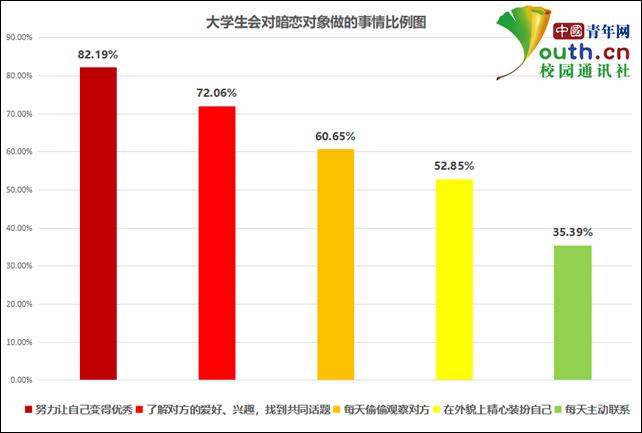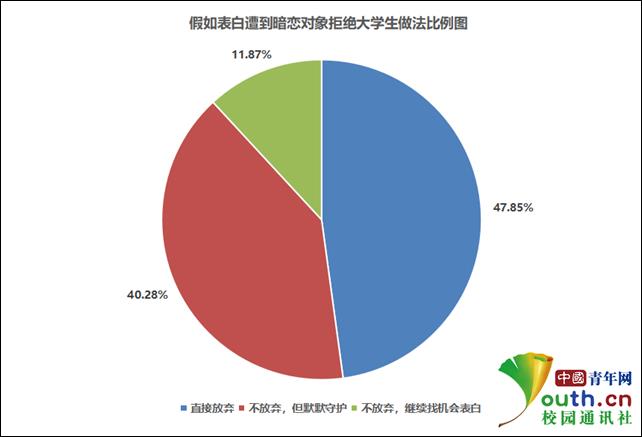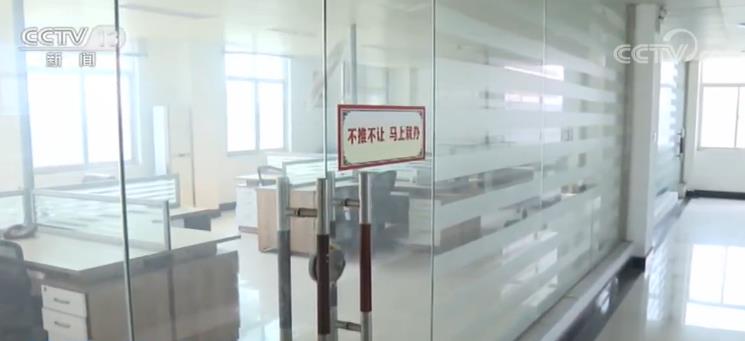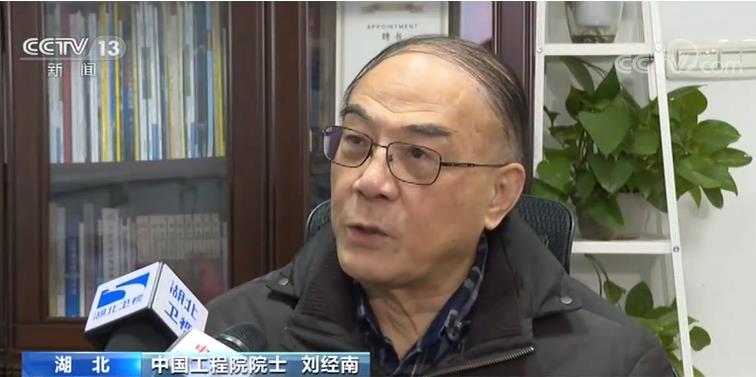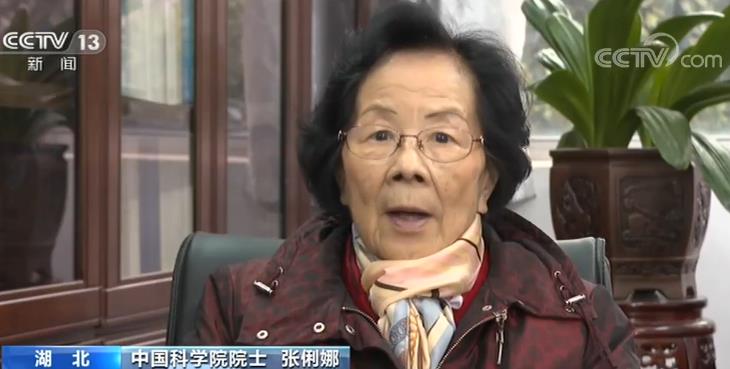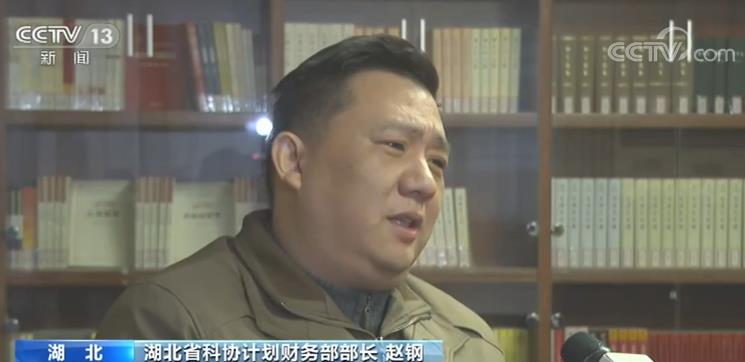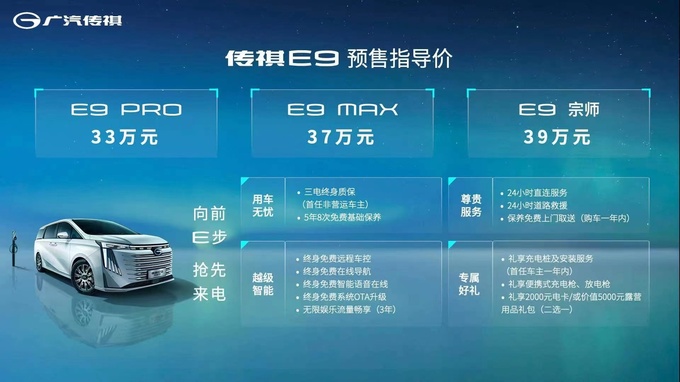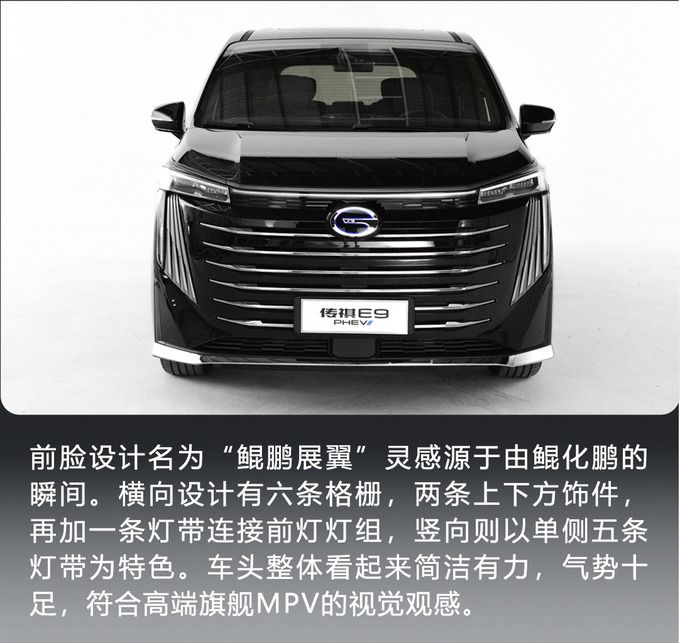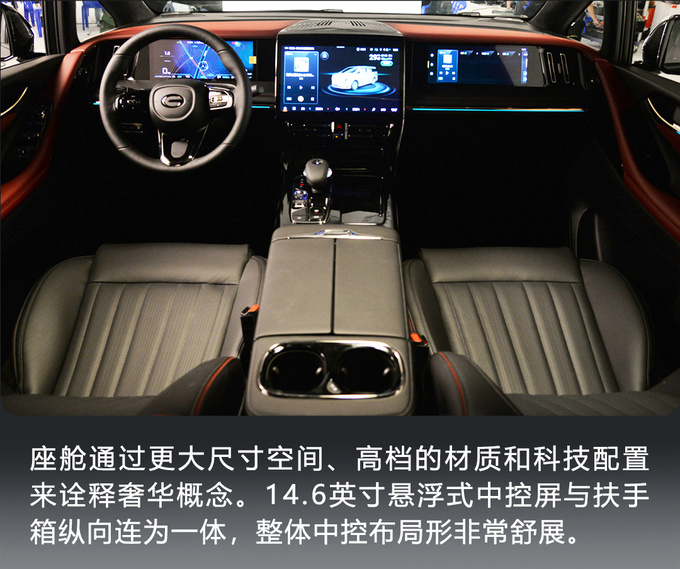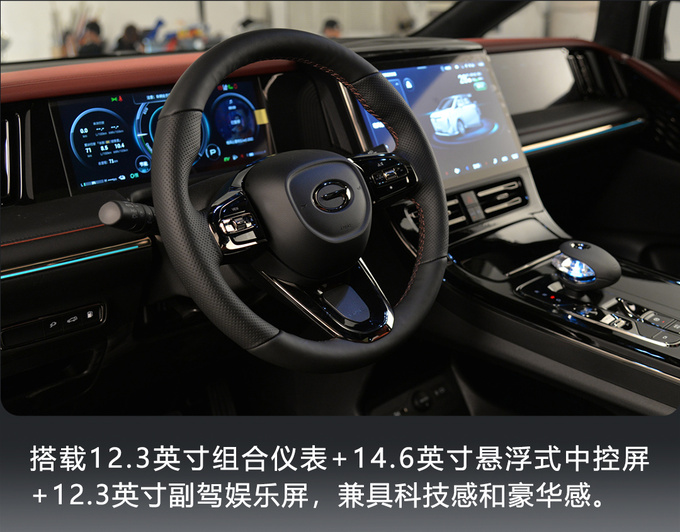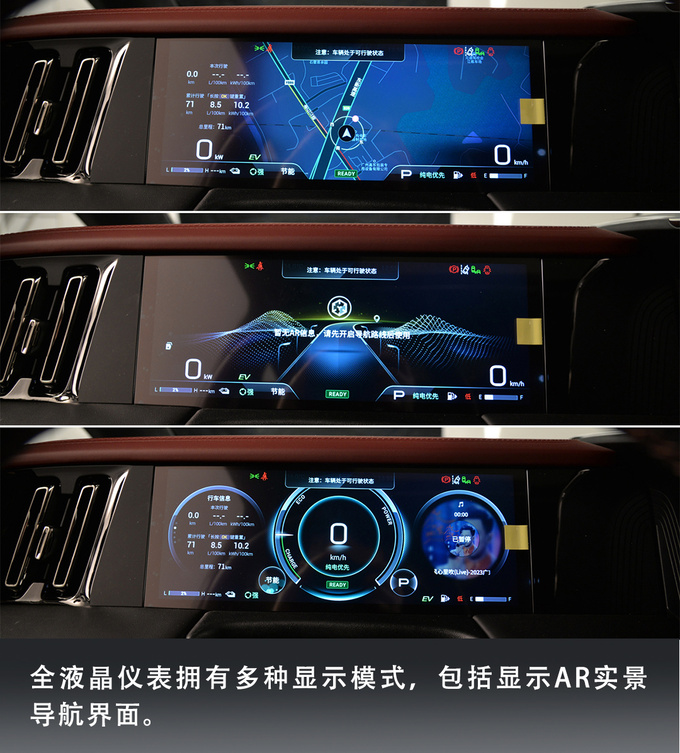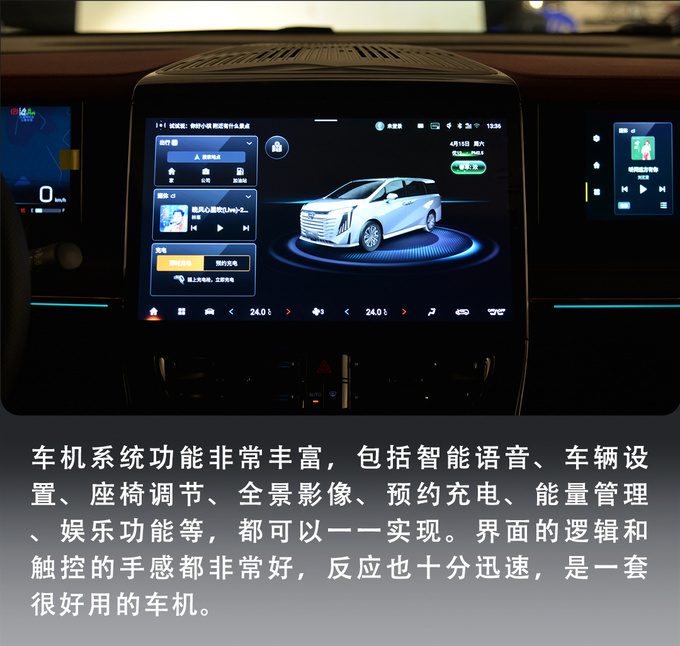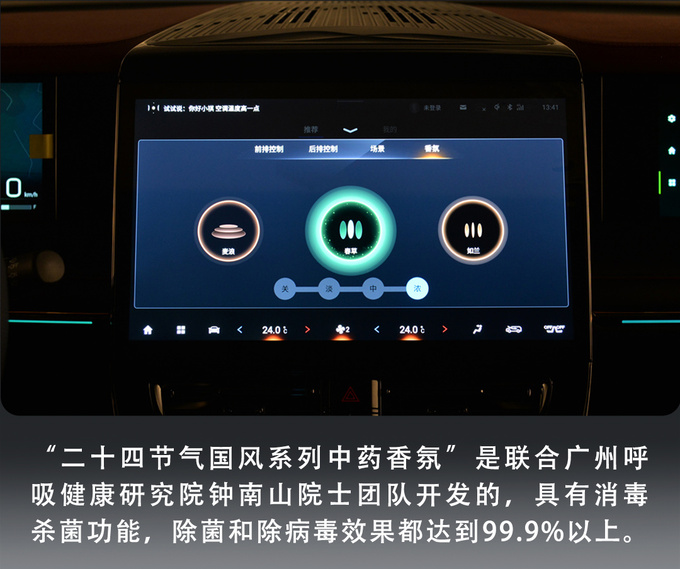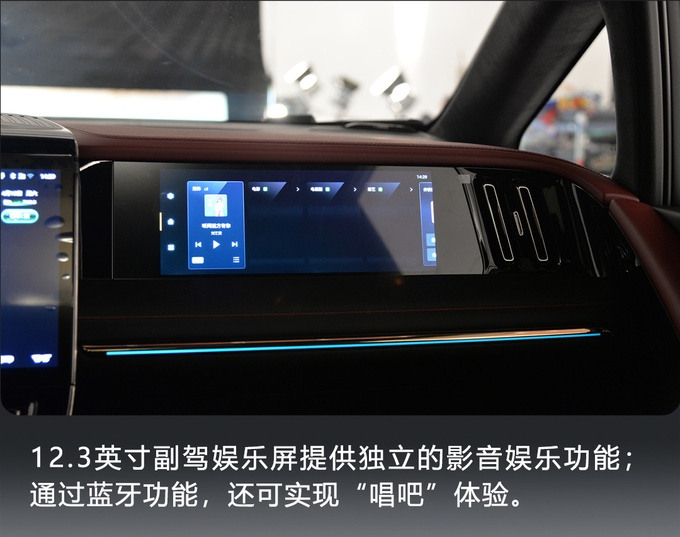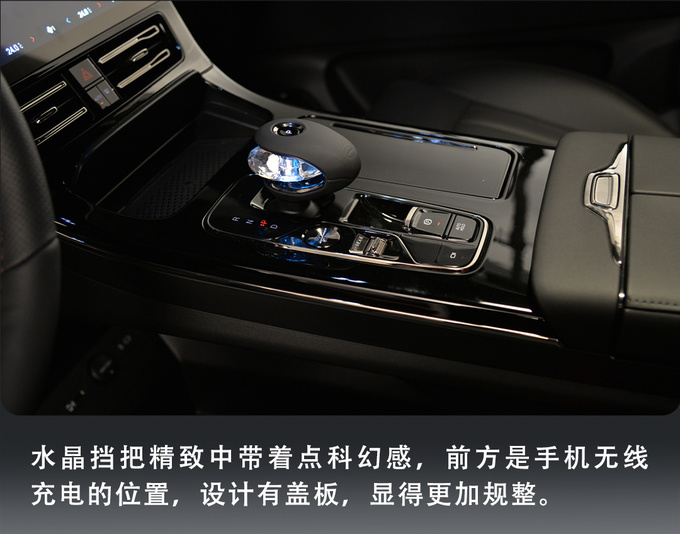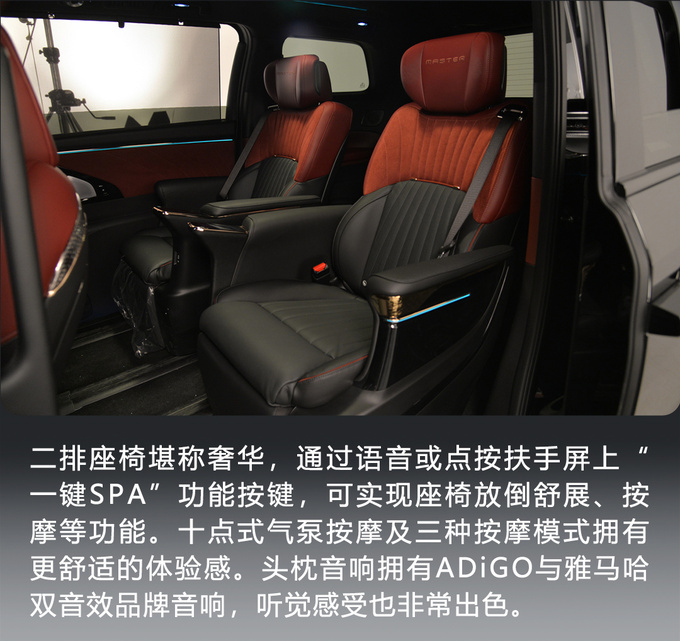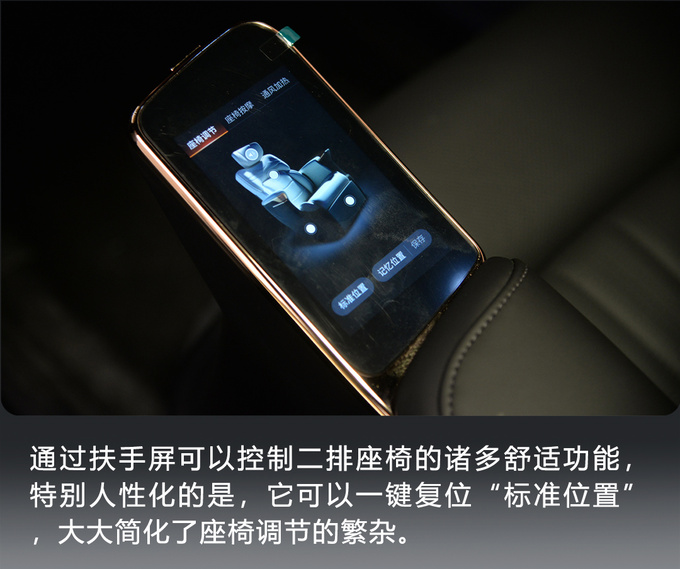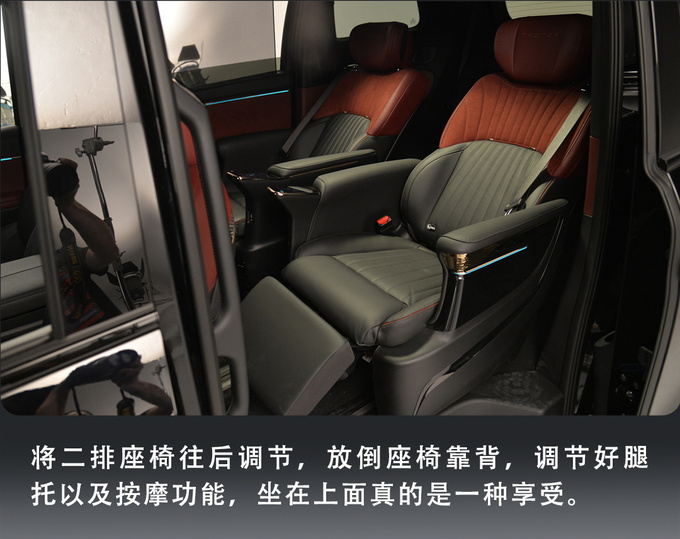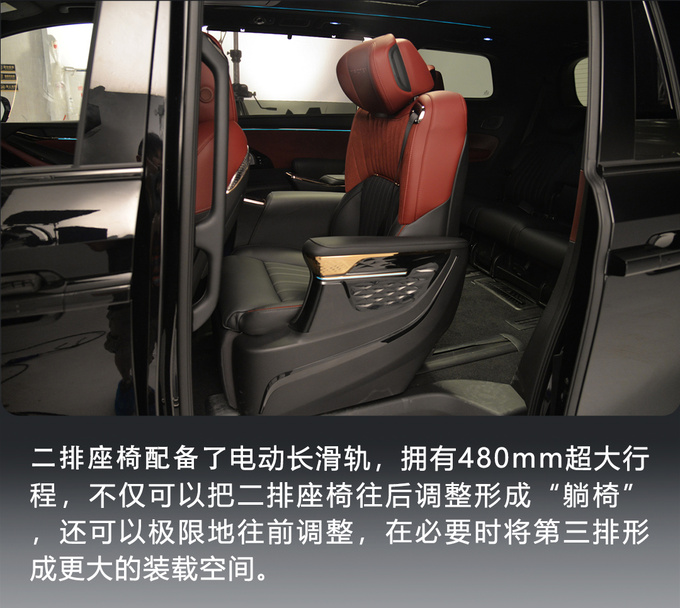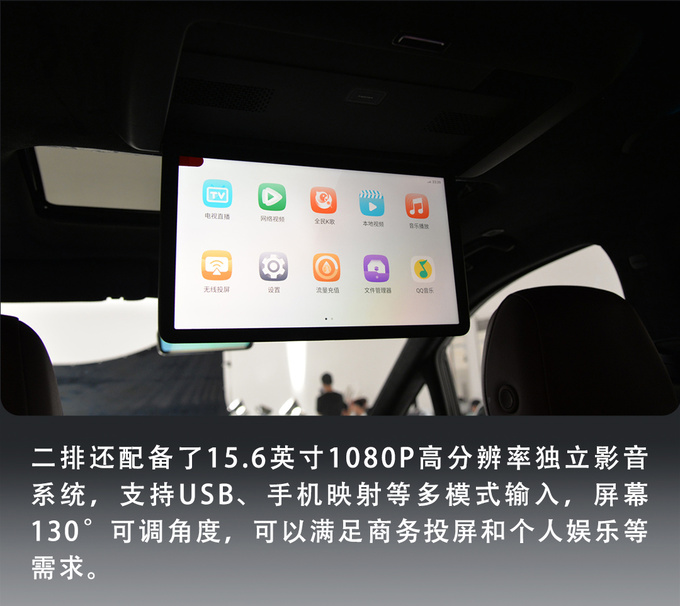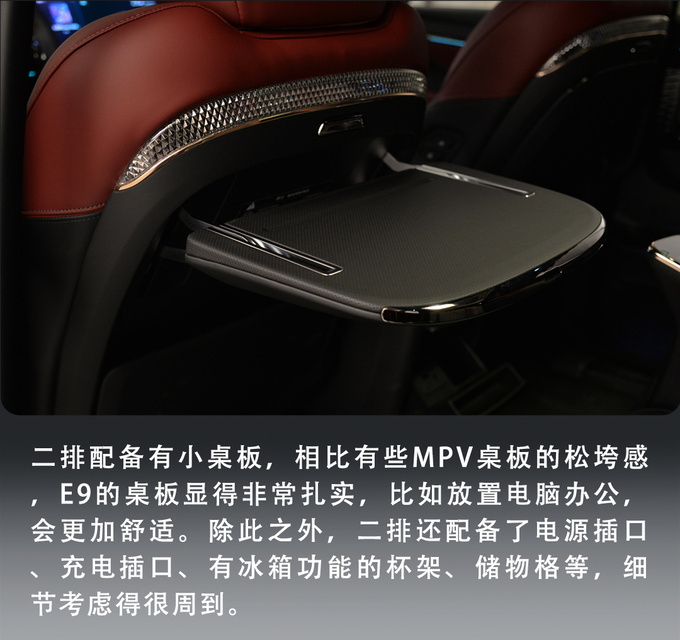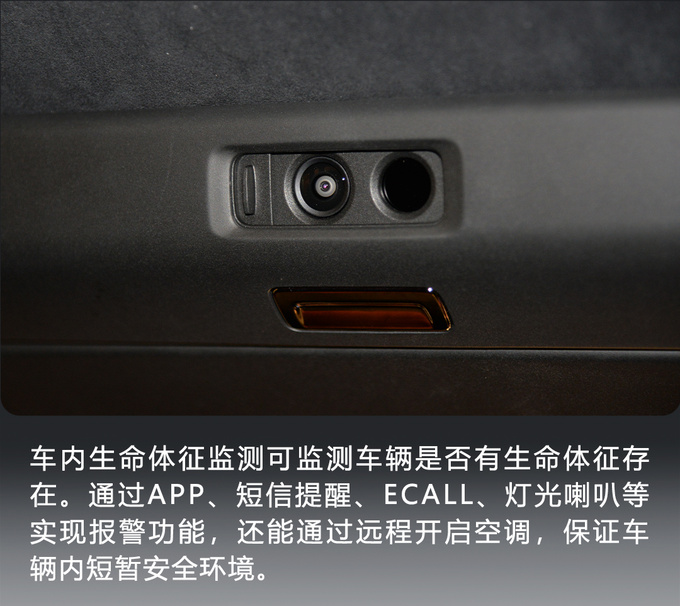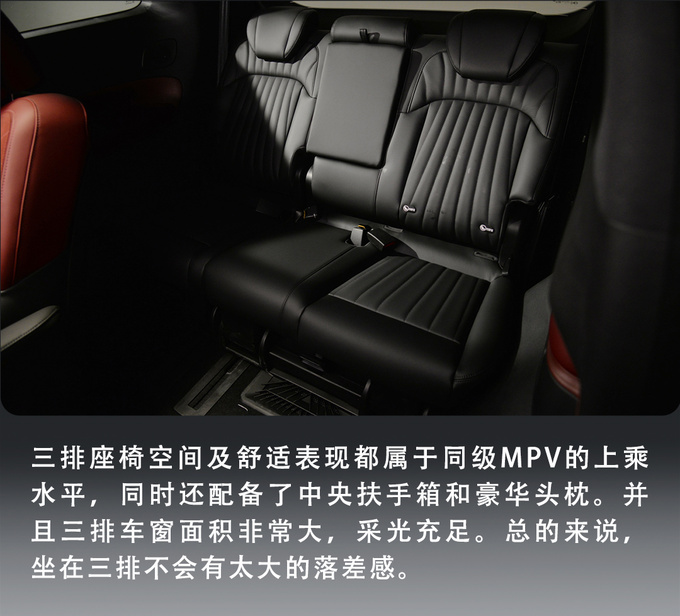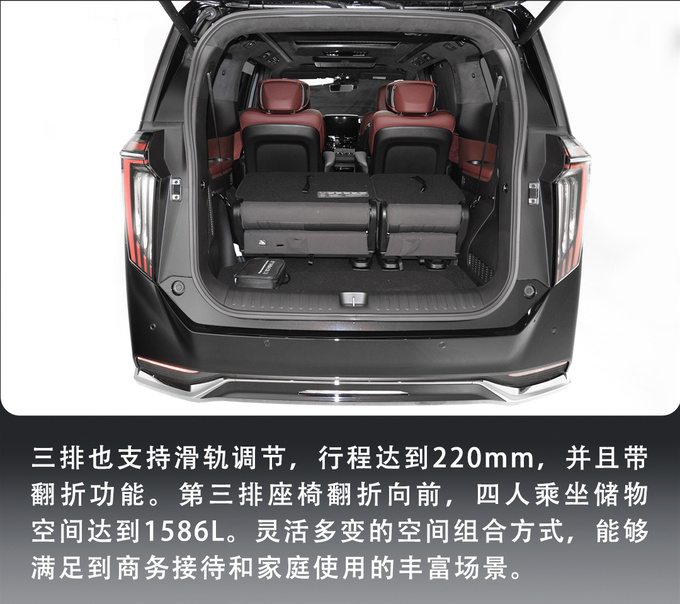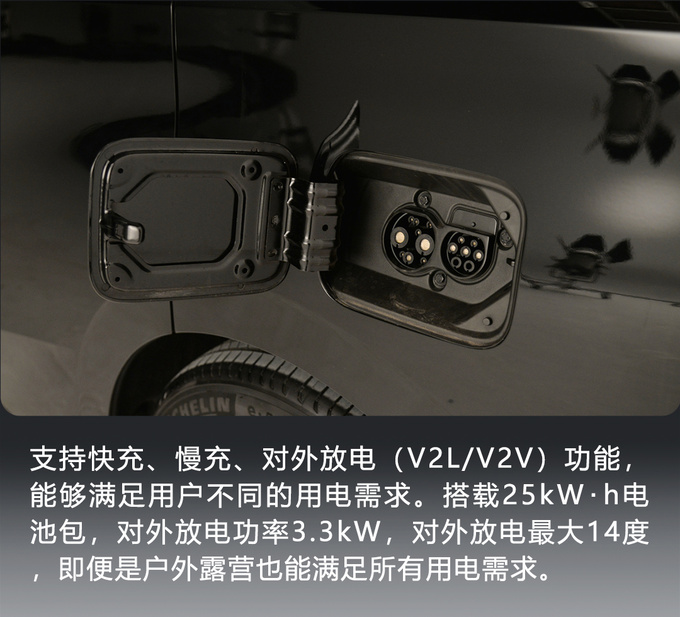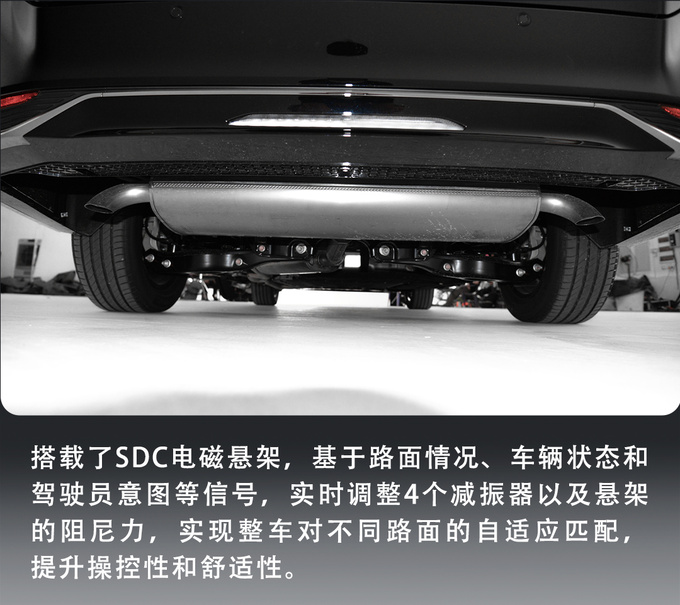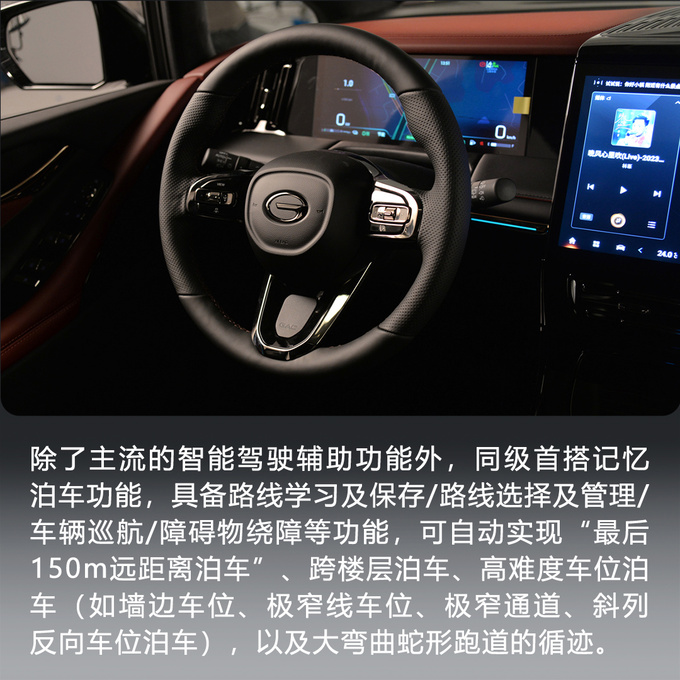Melania: Atypical First Lady of the United States
Our reporter/Li Jing
This article first appeared in China News Weekly, No.895.
"The shape of the nose is obviously wrong" and "the height is at least 6 inches shorter" … … US President Trump and his wife, Melania, made a trip to the hurricane-stricken area in Alabama in early March and fried the pot on American social media. The "first lady" standing next to Trump and wearing oversized sunglasses is considered by many netizens not to be the real Melania, but body double.
Trump tweeted on this rumor on March 13, saying that such speculation is fake news. He believes that the media retouched Melania’s photos, and then caused conspiracy theories, saying that it was not the real Melania standing beside him, and that Melania was not in Alabama, but somewhere else. "As time goes by, these people become crazier!" Trump said.
This is not the first time that Melania has been suspected of having body double. In August 2018, Melania and Trump went to Ohio to attend the event. There were also rumors on the Internet that Melania, who visited the Children’s Hospital, was completely different from the one who appeared on the tarmac earlier that day.
Internet speculation has something to do with Melania’s low profile and frequent "disappearance". As the first "first lady" of Eastern European origin who was not born in the United States, Melania, although a frequent visitor in the fashion circle, is called one of the most "low-key" first ladies in American history, which is in sharp contrast with Trump, who acts in a high-profile manner. According to a survey published by YouGov and The Economist magazine on March 7, 2019, among the Trump family, the first lady Melania is the favorite of the American people.
According to the poll data released by CNN on a regular basis, Melania’s support rate has been satisfactory, and it has remained close to 50% to 60% for most of 2018. Only in December did the poll support rate drop to 43%, while Trump’s support rate has been hovering around 40%.
"reserved, elegant and calm"
Melania moved to the White House only six months after Trump took office, and her "predecessors" usually moved to the White House in about a month. The reason she gave was to stay in new york and wait for her 11-year-old son Barron to finish the school year.
During Melania’s absence from the White House for half a year, Trump’s daughter, ivanka, to some extent filled the vacuum created by the absence of the First Lady. As an adviser to the President, ivanka not only has his own office in the West Wing of the White House, but also attended Trump’s meetings with Israeli Prime Minister Benjamin Netanyahu, Canadian Prime Minister Trudeau and other dignitaries, and presided over and arranged a series of important activities in the White House.
Even after Melania moved into the White House, ivanka often helped Trump prepare celebrations and social activities. Although ivanka has repeatedly said that it is inappropriate to associate her with the title of "First Lady", she is still regarded by the media as playing a part of similar role.
Not only did Melania move into the White House belatedly, but he also took his time to set up a working team and carry out public activities. In her first year in the White House, she spent most of her time in a low-key and inaction state. So far, Melania’s office has only about 10 staff members, and there is a lack of experts in policy research and public relations. Previously, the office team of the first lady in the United States usually included more than 20 professionals.
A close friend of Melania said in an interview with GQ magazine that Melania’s personality is completely different from that of her husband Trump. She is reserved, elegant and calm. "She does have money, but she is not a socialite but a house girl."
Among the successive "first ladies" in the United States, Melania’s experience is quite unique. She was born in 1970 in a civilian family in the Slovenian town of Sevnica. Her father was a marketing manager in an automobile factory and her mother worked in a clothing factory. She studied design and architecture at the University of Ljubljana in Slovenia for one year. Because of her outstanding appearance, she began to model for fashion photographers at the age of 16, and then she made a living in Milan, Paris and other cities. This experience has enabled her to speak French, Serbian and German in addition to English and Slovenian.
In the impression of Melania University classmates, she has always been a quiet person, who doesn’t smoke, drink or shuttle to parties. Even after she started her modeling career, she likes to go home immediately after work and stay with her equally quiet sister. Petra Sedge, her college classmate, recalled to GQ that boys liked party girls at that time, but unfortunately they were not. The party usually stayed in Melania or Petra’s dormitory to drink juice and chat.
In 1995, Melania met Paul Zampori, a partner of the famous Metropolitan Model Company, in Milan, and with his encouragement, he went to the United States for development in 1996. In an interview with New York Post in 2005, Paul Zampori also said that Melania didn’t often go out, didn’t go to clubs or bars, only went to the movies and went to the gym. Before Trump, she had never dated anyone in new york. "This is a girl who models camel cigarettes on a huge billboard in Times Square, but she stays at home all the time."
Many years ago, Melania told the media that if Trump was elected president, she would be a "very traditional" first lady. Today, although he lives in the White House, The New York Times reports that Melania has few friends in Washington and few public activities. When she is not looking after her son Barron, she goes back to her home in new york at least once a month to see people in her small circle, including her sister and her hairdresser.
Lauren Wright, an expert on White House political issues at Princeton University, has written the book Representing the President: Contemporary Presidential Spouses and Communication Strategies in the White House. In an interview with China Newsweek, she said that compared with previous "first ladies", Melania is more resistant to contact with the media, unwilling to show her face too much, but wants to live her own life as much as possible.
Although this is completely understandable from a personal perspective, the White House has lost some political influence that can only be obtained through the "first lady". The American public hopes to have an active, people-friendly, open and enthusiastic "first lady" in the East Wing of the White House, and is full of curiosity about the "first lady" itself and the life of the president and his wife. Most previous governments have made good use of this public sentiment.
Lauren Wright also explained that the "first lady" of the United States is not a formal government position, and there is no clear responsibility, which is both the biggest challenge and the biggest opportunity. On the one hand, for a "first lady" like Melania, who doesn’t show her face in public activities, the risk of making mistakes or make a fool of oneself is relatively low, and at the same time, maintaining an image with a light political color and a vague party position, as a political outsider, there is less trouble. However, this also means giving up a valuable opportunity to win public opinion and support for the president and his political agenda, which is precisely the key to the role of "first lady".
"Careful wife, strict mother"
At Trump’s inauguration ceremony, Melania, who was originally smiling, suddenly stopped smiling and looked solemn after Trump turned away. Such a video is widely spread on the Internet. In addition, the American media at least twice caught Melania refusing to hold hands with Trump in public.
The New York Times reported that Melania has an independent bedroom separated from her husband; When they travel, they have their own hotel suites. Last year, when Trump was caught in an affair with porn star Stony Daniels and a hush money scandal, Melania didn’t stand up for her husband, but chose silence.
As early as the beginning of 2017, the famous American columnist Wolff wrote in his new book "Fire and Fury: Inside the Trump White House" that the married life of Trump and his wife Melaniya was different from ordinary people and they did not meet each other for a long time.
In a report in May 2018, Washington post quoted an insider as saying that the Trumps usually don’t spend their leisure time together. During his vacation at Haihu Manor in Florida, President Trump would play golf or have dinner with important people in the political, business and media circles, but Melania often disappeared. Some assistants revealed that the couple did not eat together at the White House. However, Stephanie grisham, a spokeswoman for Melania, denied that the Trumps had a bad relationship, saying that as long as President Trump didn’t visit, the family spent most of the evening together, and questioning the Trumps’ relationship was just noise.
Melania and Trump met at a party held in Zampori in 1998. At that time, Trump fell in love with Melania at first sight with his girlfriend, and took the initiative to talk to Melania while her girlfriend went to the bathroom. Melania refused Trump’s request for phone number, but asked Trump to provide contact information. Trump gave Melania all his office landline, private mobile phone and other contact information as a sign of sincerity. Melania recalled to the media many times that they had a good chemical reaction when they met for the first time.
After dating for several years and going through a breakup and reunion, the couple held a grand wedding in 2005 at Ma arago Manor in Palm Beach, Florida. Melania wore a Dior haute couture wedding dress worth $100,000, which was decorated with 1,500 crystals, all sewn by workers. Celebrities gathered at the wedding, and the photo of Trump and Clinton, which was widely circulated on the Internet during the 2016 presidential election, came from this wedding. An old classmate of Melania told the American media: "Trump will marry Melania, largely because of Melania’s traditional values and emphasis on family."
In 2005, Trump said in a TV talk show: "Melania is both a careful wife and a strict mother." Trump said that he values this very much and gets along with Melania very easily. "I work hard from morning till night, and I don’t want to go home and worry about the relationship between the two."
Melania once said in an interview with GQ magazine: "I don’t get involved in politics and policies. Policies are my husband’s business." But she said that she is not without ideas and will share her ideas with Trump. As to what suggestions she made, her response was: "No one knows, and no one will know, because this is between my husband and me."
Last August, The New York Times reported that Trump was usually not influenced by anyone, but he listened to Melania more attentively and respected her suggestions and advice than anyone else.
Atypical "first lady"
Compared with Michelle, who studied at Princeton University and Harvard University and worked as a professional lawyer, Melania, who is a model, always seems to have an inferior reputation.
In September 2017, Melania took photos of more than 10 children collecting vegetables in the White House garden, and was criticized by American online media for posing because of her stiff posture and clean shoes. A shirt she was wearing, worth more than $1,000, was also criticized. There are also social media that attach photos of Mrs. Obama Michelle working in the White House garden for comparison, saying that "this is what the first lady works." In the photo, Michelle is struggling to shovel the soil with a plow in her hand, and her pants are covered with mud.
On Christmas Day in 2018, Melania and Trump flew more than 6,000 miles and came to Iraq for 11 hours one way, bringing Christmas greetings to the US military. Melania was derided as "out of touch" because he wore cheap boots worth more than 100 dollars. Just a few days before Christmas, Michelle wore a pair of boots with a price of $3,900 during her own book promotion, which was rated as "amazing" by the media and praised Michelle’s fashion taste.
American TV commentator Beauzels wrote that this is a double standard. He believes that liberals are partial to Michelle, and that Michelle is a representative of humble origin, and "disconnection" is a proprietary word they use to imply the difference between the Republican "first lady" and middle-income people. He was somewhat aggrieved by Melania: "Please don’t forget that the present ‘ The first lady ’ Melania was born in Yugoslavia, a former communist country, and she truly represents the common people ‘ The first lady ’ 。”
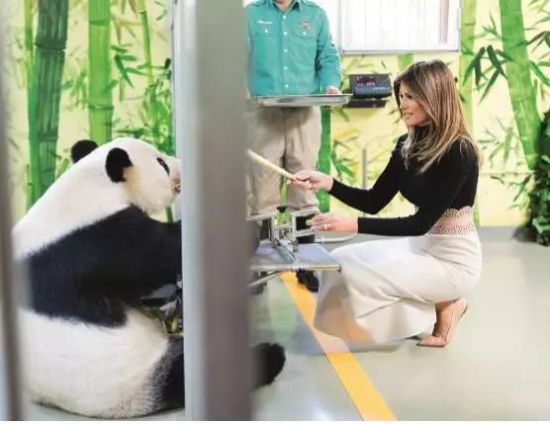
On November 10, 2017, during President Trump’s visit to China, Melania visited the Panda Pavilion in Beijing Zoo. Figure/vision china
According to a document submitted by the White House to Congress in 2017, Melania employs less than half of the staff in the East Wing Office of the White House, and pays a total salary of about $486,700 a year, which is about $760,000 less than his predecessor (paying $1.24 million). Stephanie grisham, a spokeswoman for Melania, said, "Like everything she does, she is very careful in recruiting, focusing on quality rather than quantity." She wants to be alert and responsible when it comes to taxpayers’ money.
In June 2018, the Trump administration implemented a "zero tolerance" policy for illegal immigrants, resulting in more than 2,300 children being separated from their parents. When the incident caused an uproar, Melania came to the front desk. Before she made a special trip to Texas to visit the children in custody, she made a rare statement, saying that she didn’t like to see children separated from their families, and hoped that the two parties would unite to realize the immigration policy reform. She believed that the United States should be a country that abides by laws and also a country that governs the country with love.
Under the huge opposition, Trump quickly signed an executive order to cancel this policy. At that time, he said: "ivanka feels very strongly, my wife feels very strongly, and I feel very strongly. We don’t like to see the separation of flesh and blood."
The New York Times reported that Melania was the only important American politician who visited the US-Mexico border after the incident. However, the goodwill of her trip was printed with "I really don’t care, do you?" The jacket with the words erased.
Stephanie grisham said in a statement that the jacket "has no hidden information". A person close to Melania explained to The New York Times that, in fact, the jacket was aimed at anyone inside and outside the White House who wanted to criticize her decision, because she visited these children regardless of the strict immigration policy of the White House.
In the first week of October, 2018, Melania, who has been the "first lady" for almost two years, started her first solo visit, visiting four African countries, namely Ghana, Kenya, Malawi and Egypt, and visiting local hospitals, schools, orphanages, nature reserves and historical sites.
Melania’s dress once again caused controversy, and she was attacked for wearing a white helmet. It is said that this hat is reminiscent of European imperialism and colonialists, because British soldiers who colonized Africa and India in the 19th century often wore this helmet. At the first stop in Ghana, Melania’s long red and white striped dress became a hot topic. This long skirt, which was speculated by the media to come from the French luxury brand Silin, is worth 2000 dollars.
Melania immediately told the Associated Press: "What I have done, what our assistance has done and what my initiative has done are very important. I hope everyone will talk about my trip, not what I am wearing! "
Two months later, in an interview with Fox News, Melania said with emotion: "The fashion industry is like this, and so is politics. Both industries are difficult, and you need to have a thick skin." In the face of media reports, Melania said that they "can’t stop me from doing what I think is right".
Washington post commented that since President Trump himself has not visited Africa, Melania’s visit will help draw attention to the Trump administration’s Africa policy. The trip to Africa was planned by Melania herself. In preparation for her visit, she also learned a lot of materials about the history, culture and current situation of the countries she visited. New york media "Newsday" commented that Melania’s achievements in visiting Africa have gone beyond Trump’s policy scope, and she has made it clear that her visit to Africa is not only for Trump’s endorsement.
Before Melania returned, Trump tweeted that she "did a really good job in Africa, people liked her very much, and she liked them very much!"
Lauren Wright, a White House political expert at Princeton University in the United States, told China Newsweek that as the "first lady", Melania has always played a role, but many times it seems that behind the scenes, she directly influenced policies by making suggestions to President Trump privately, such as personnel arrangements and the detention of illegal immigrants.
In May 2018, Melania held his first press conference in the White House Rose Garden, and introduced his own public welfare plan "Be Best" to the media, expressing his commitment to helping children cope with the challenges and difficulties in their growth. When she spoke in English with a distinct Eastern European accent for nearly 10 minutes, Trump was also sitting under the stage, listening intently.
In Lauren Wright’s view, the policy design of the "do your best" plan is atypical and does not follow the old routine of the "first lady" agenda. She said that the political agenda of the "first lady" usually strategically connects with the president’s policy platform, which will be an important part of the president’s policy, and generally shows the "flexible" side for the president’s controversial policies.
For example, laura bush’s "Literacy Initiative" and "Prepare for Reading" plan all revolve around President George W. Bush’s "No Child Left Behind" plan. Her background as a teacher complements her husband’s agenda. Michelle Obama’s initiative to reduce childhood obesity can be "seamlessly connected" with President Obama’s health care policy reform. Comparatively speaking, "doing the best" rarely overlaps with President Trump’s other policy agendas, and there seems to be conflict in some aspects.
During his visit to Africa, Melania rarely accepted an exclusive interview with ABC’s chief American journalist Lamas, covering a wide range of topics, including White House personnel, Trump’s affair, the "Me Too" movement and so on. In response to the rumor that she has 100% control over Trump, Melania said: "I wish I did, but I just gave him my suggestions and opinions, and then he would do what he wanted."
Lamas also mentioned that some people say that in the White House, Melania is a "gatekeeper". Melania replied: "Yes, I give him honest advice!"
